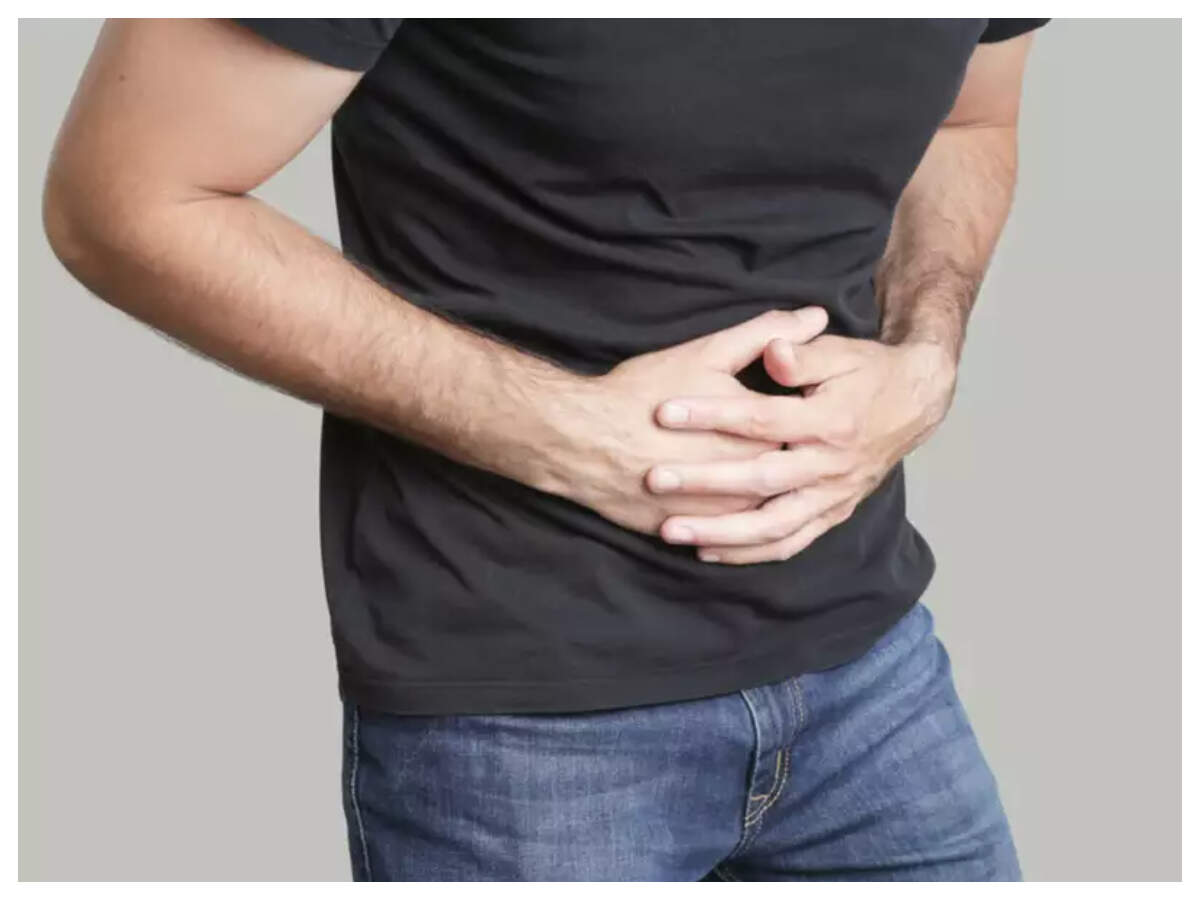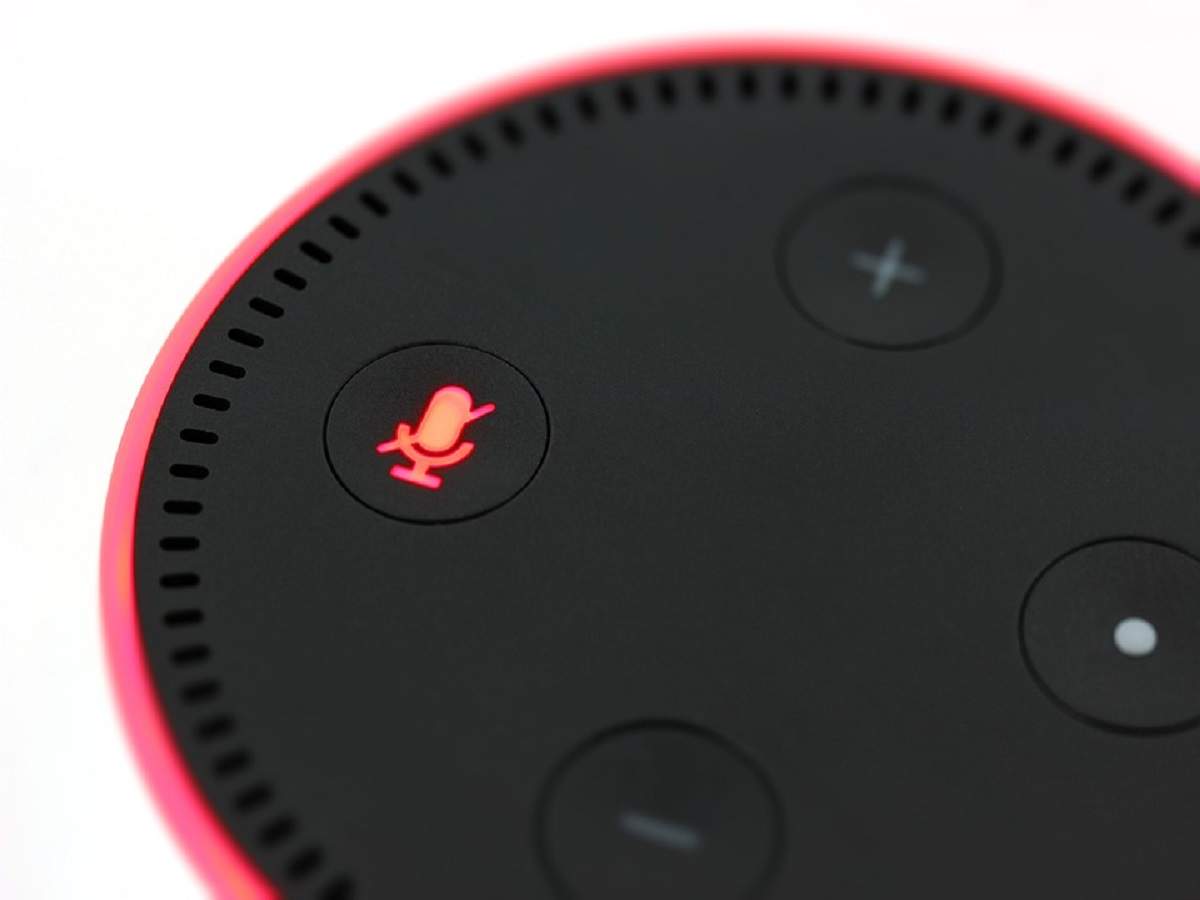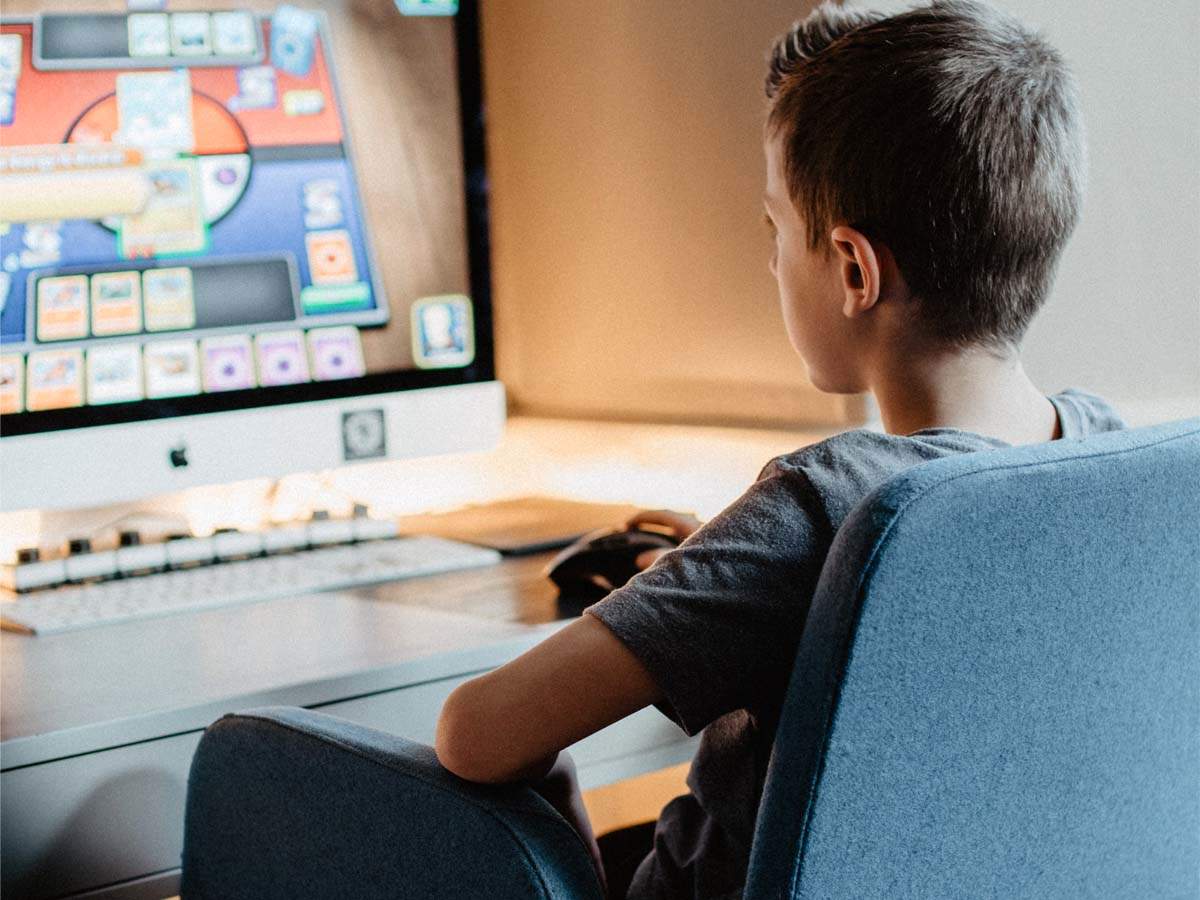
Ghaziabad: In view of the increasing Covid cases in the state, the UP government has decided to conduct a special surveillance campaign on a “war footing” for containing the spread of the virus. In the first phase, this campaign will be carried out in all six districts of Meerut division, including Ghaziabad, Gautam Budh Nagar and Meerut, between July 2 and July 12.
The development comes a day after the UP government appointed nodal officers for six districts under Meerut division for Covid. While Narendra Bhooshan would continue to spearhead Covid fight in Gautam Budh Nagar, IAS officer Santhil Pandian C has been brought in as the nodal officer for Ghaziabad.
According to the chief secretary’s order on Monday, the health departments and the district administrations of Ghaziabad and Gautam Budh Nagar will have to ensure 1,000 tests through RT-PCR method and 3,000 tests through rapid antigen kits daily. For Meerut, a target of 1000 RT-PCR tests and 2,000 antigen has been fixed, while Bulandshahr, Baghpat and Hapur each will conduct 600 RT-PCR tests and 1,000 antigen tests daily.
During the campaign, health workers will carry out a door-to-door sensitisation drive and intensively trace people with influenza-like infections (ILI) and severe acute respiratory infection (SARI) in containment zones and only SARI patients in non-containment zones. Special attention will be paid to persons suffering from serious diseases. WHO and UNICEF officials will provide technical support to the campaign.
According to the government order, on the lines of Pulse Polio micro-planning, 493 teams will be formed in Baghpat, 1,360 in Bulandshahr, 1,533 in Gautam Budh Nagar, 526 in Hapur, 2,058 in Ghaziabad and 1,394 in Meerut. In rural areas, Asha and Anganwadi workers will be compulsorily placed in teams, while in the city areas the selection of the team members will be done by the district administration.
Teams having two members will carry out the surveillance work from 8 am to 2 pm and markings will be made on each house. If the team members get a SARI patient in a house, they will check the latter’s oxygen saturation level with a pulse oxymeter. Rapid response teams will be kept ready so that action will be ensured as soon as information is received.
The report will be provided by survey teams to their supervisors and subsequently to the medical officer in-charge. The final report will then be shared with the district and state level via email and in real time through Google sheets. The district administrations have also been directed to make arrangements for adequate number of beds in Covid hospitals.
The development comes a day after the UP government appointed nodal officers for six districts under Meerut division for Covid. While Narendra Bhooshan would continue to spearhead Covid fight in Gautam Budh Nagar, IAS officer Santhil Pandian C has been brought in as the nodal officer for Ghaziabad.
According to the chief secretary’s order on Monday, the health departments and the district administrations of Ghaziabad and Gautam Budh Nagar will have to ensure 1,000 tests through RT-PCR method and 3,000 tests through rapid antigen kits daily. For Meerut, a target of 1000 RT-PCR tests and 2,000 antigen has been fixed, while Bulandshahr, Baghpat and Hapur each will conduct 600 RT-PCR tests and 1,000 antigen tests daily.
During the campaign, health workers will carry out a door-to-door sensitisation drive and intensively trace people with influenza-like infections (ILI) and severe acute respiratory infection (SARI) in containment zones and only SARI patients in non-containment zones. Special attention will be paid to persons suffering from serious diseases. WHO and UNICEF officials will provide technical support to the campaign.
According to the government order, on the lines of Pulse Polio micro-planning, 493 teams will be formed in Baghpat, 1,360 in Bulandshahr, 1,533 in Gautam Budh Nagar, 526 in Hapur, 2,058 in Ghaziabad and 1,394 in Meerut. In rural areas, Asha and Anganwadi workers will be compulsorily placed in teams, while in the city areas the selection of the team members will be done by the district administration.
Teams having two members will carry out the surveillance work from 8 am to 2 pm and markings will be made on each house. If the team members get a SARI patient in a house, they will check the latter’s oxygen saturation level with a pulse oxymeter. Rapid response teams will be kept ready so that action will be ensured as soon as information is received.
The report will be provided by survey teams to their supervisors and subsequently to the medical officer in-charge. The final report will then be shared with the district and state level via email and in real time through Google sheets. The district administrations have also been directed to make arrangements for adequate number of beds in Covid hospitals.

Coronavirus outbreak
Trending Topics
LATEST VIDEOS
City
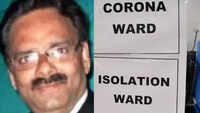 Delhi: Senior Covid frontline doctor falls to the virus, shockwaves among city’s medical fraternity
Delhi: Senior Covid frontline doctor falls to the virus, shockwaves among city’s medical fraternity 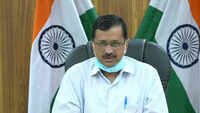 Delhi government to start 'plasma bank' for treatment of Covid-19 patients, says CM Arvind Kejriwal
Delhi government to start 'plasma bank' for treatment of Covid-19 patients, says CM Arvind Kejriwal 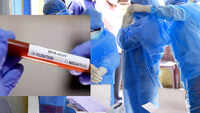 Covid-19: Journalist tests positive in Bengaluru, no contact tracing as yet
Covid-19: Journalist tests positive in Bengaluru, no contact tracing as yet 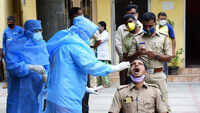 Covid-19 pandemic: Single-day spike of 19,459 cases takes India's tally to 5,48,318
Covid-19 pandemic: Single-day spike of 19,459 cases takes India's tally to 5,48,318
More from TOI
Navbharat Times
Featured Today in Travel
Quick Links
Kerala Coronavirus Helpline NumberHaryana Coronavirus Helpline NumberUP Coronavirus Helpline NumberBareilly NewsBhopal NewsCoronavirus in DelhiCoronavirus in HyderabadCoronavirus in IndiaCoronavirus symptomsCoronavirusRajasthan Coronavirus Helpline NumberAditya ThackerayShiv SenaFire in MumbaiAP Coronavirus Helpline NumberArvind KejriwalJammu Kashmir Coronavirus Helpline NumberSrinagar encounter
Get the app
